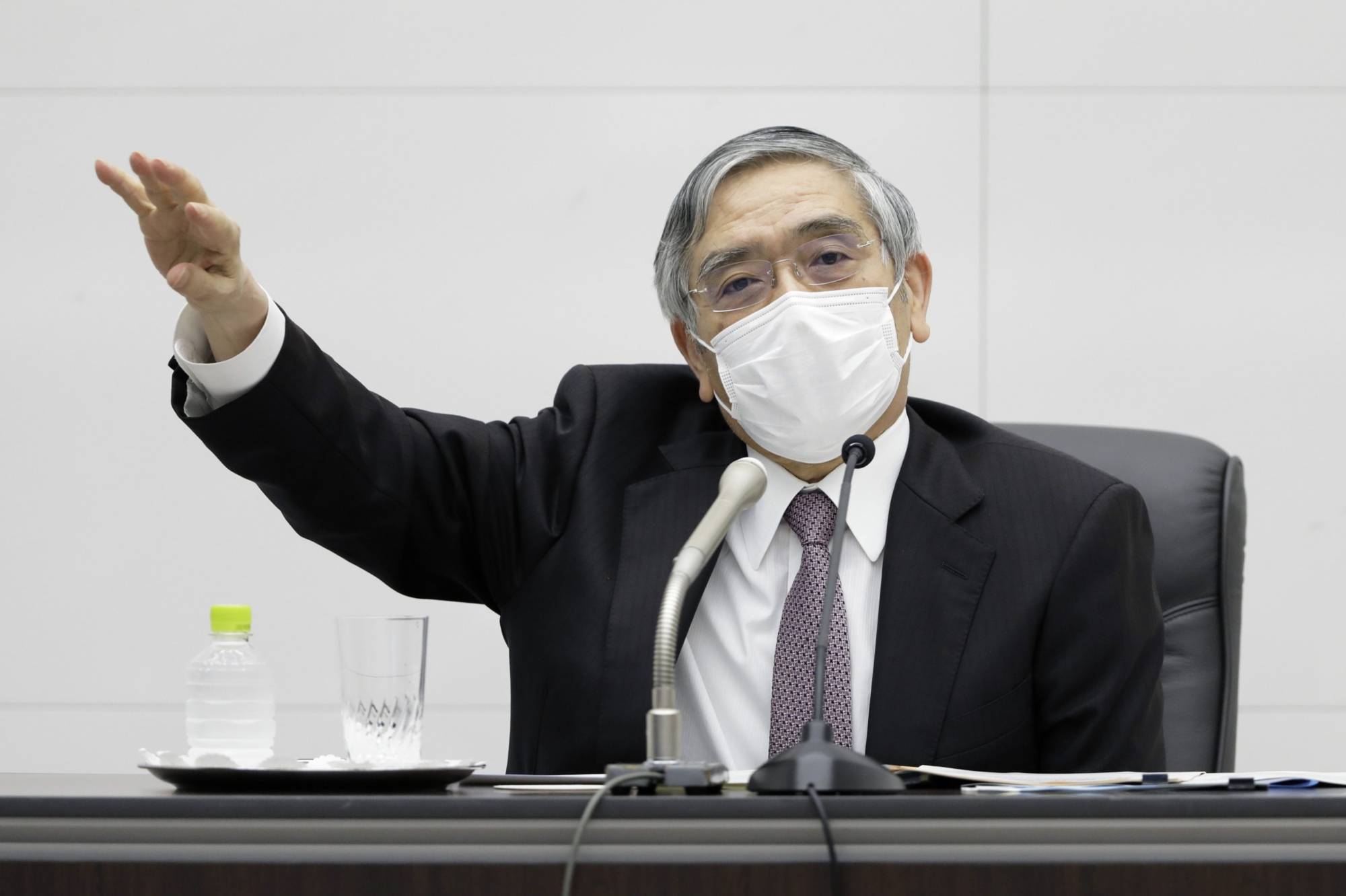Japan has steadily churned through its share of prime ministers in the decades since World War II — one stint was little more than two months. Yet just as Prime Minister Shinzo Abe notched a record for the most consecutive days in office, it appears that fatigue has set in. Polls show support for his Cabinet has been sagging for a while. After spending hours at a hospital Monday — his second visit in about a week — Tokyo is rife with speculation that Abe is seriously ill and might step aside in coming months.
With Japan facing its deepest downturn since the 1950s, it would be tempting to conclude that the twilight of Abenomics has arrived. Even before the new coronavirus hit, the "three arrows” of the prime minister’s signature economic program had been losing altitude. Muscular fiscal policy, massive monetary easing and efforts to unshackle business from regulatory burdens were failing to adequately reflate the economy.
It’s true that Abenomics has had its setbacks, but to overlook its successes would be a mistake. If anything, the legacy of this program could outlive Abe’s tenure, offering lessons to future Japanese leaders and global policy makers alike.



